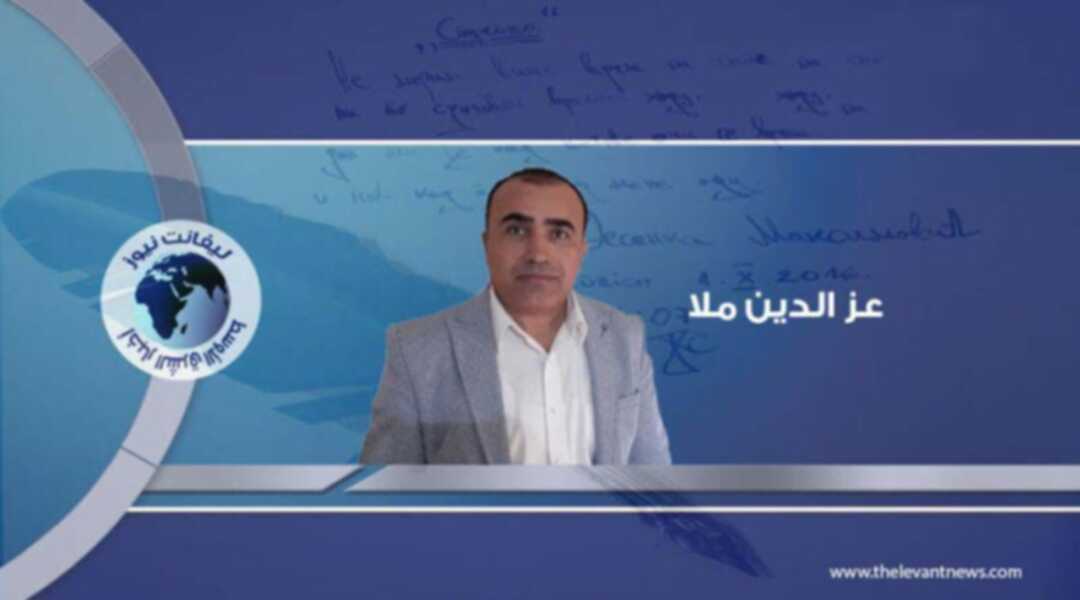-
The Syrian Change Conflict

Since the fall of the Assad regime and the takeover by Hay'at Tahrir al-Sham led by Ahmad al-Shar'a, Syria has entered a new phase filled with challenges and political changes. This transformation has created a profound shock on all levels, as Syrians who endured decades under this oppressive regime were not prepared to grasp the end of an era that lasted over fifty years. Accompanying this event were mixed feelings of anxiety and hope; on one hand, many Syrians feared what the future might hold in the absence of a regime that had convinced them that Syria without the Assads would be an unbearable hell, while on the other hand, the joy that swept the hearts of Syrians after freeing themselves from this dictatorial regime, which had been a heavy burden for many years, could not be denied.
The blend of emotions experienced by the Syrian people following the regime's fall illustrates the depth of the psychological shock they went through. On one hand, Syrians had become accustomed to a bitter reality that lasted for decades, where the Assad family ruled the country with an iron fist, supported by a massive security apparatus that monitored every movement or word. This regime deepened sectarian divisions and relied on policies of oppression and intimidation to counter any attempts at opposition. The country was under the sway of authoritarian practices that reduced its people to mere tools for an illegitimate authority. On the other hand, there was great fear of the question: What comes after Assad? The Syrian people lived in a state of ambiguity regarding the political future of their country. Amid this fright, Syrians were unable to envision life without Assad, especially with the aura that the regime had created around itself, suggesting that Syria would plunge into chaos and destruction in his absence. The slogans repeated by the regime over the years reinforced this feeling of fear, warning that the absence of the ruling family would lead to security breakdowns and the outbreak of civil war. But over time, Syrians began to realize one truth: that this regime was the main reason for deepening their suffering, and that the end of this era meant the beginning of a new stage that could be better, even if filled with risks.
With the formation of a new government in Damascus and discussions about increasing local, regional, and international movements, Syrians began to question what the next government would look like and what its policies would be. Amid ongoing political and economic crises, the most pressing question arises: Will the new government be just a modified version of the previous regime with some cosmetic touches on its external image? Or will there be a leap toward a more democratic system? And can a truly decentralized federal government that includes all segments of Syrian society actually be achieved? Although the previous regime's policies were based on excessive centralization and a complete monopoly on power, the changes following Assad's fall indicate the necessity of restructuring the system in a way that encompasses all segments. Syria, which has always been a land of diverse ethnic and sectarian identities, needs a political system reflecting this diversity and respecting the rights of all components.
It may seem that the most widely accepted internal, regional, and international solution is to establish a decentralized federal system that allows each region of Syria to determine its own destiny to a greater extent, while ensuring coordination and cooperation between the central government and local governments to maintain a balance of power. This type of governance can contribute to building a state of law that maintains the rights of all segments of the Syrian society, from Kurds and Arabs to Druze, Assyrians, Syriacs, and Alawites. Such a system could be a step toward a comprehensive settlement of the Syrian crisis, enabling everyone to coexist under a civil state that guarantees justice and equality.
Regionally, since the fall of the Syrian regime, the region has witnessed significant changes on both regional and international fronts. Neighboring countries, which had suffered from significant security threats due to the support that the Assad regime provided to terrorist factions and its interventions in the internal affairs of neighboring states, have breathed a sigh of relief following the regime's collapse. Assad was an ongoing threat to the stability of these countries through his support for armed groups and drug trafficking, along with human trafficking. Additionally, the Assad regime's relations with Iran complicated the regional situation.
However, with the regime’s demise, neighboring countries now hope to restore their stability and achieve security along their borders with Syria. Jordan and Lebanon, for example, felt direct threats from the Assad regime and were significantly impacted by the Syrian crisis due to the influx of refugees and security issues along their borders.
On the international front, major powers such as the United States and Russia, along with the European Union, have started to reevaluate their policies toward Syria. There is an urgent need to establish a consensus government capable of achieving internal stability and restoring security, which will directly affect relations with these powers that continue to monitor developments in the country.
Thus, as Syrians await when the outlines of the coming system will become clear, they remain hopeful that future Syria will .
Ezz El-Din Malla
You May Also Like
Popular Posts
Caricature
BENEFIT Sponsors BuildHer...
- April 23, 2025
BENEFIT, the Kingdom’s innovator and leading company in Fintech and electronic financial transactions service, has sponsored the BuildHer CityHack 2025 Hackathon, a two-day event spearheaded by the College of Engineering and Technology at the Royal University for Women (RUW).
Aimed at secondary school students, the event brought together a distinguished group of academic professionals and technology experts to mentor and inspire young participants.
More than 100 high school students from across the Kingdom of Bahrain took part in the hackathon, which featured an intensive programme of training workshops and hands-on sessions. These activities were tailored to enhance participants’ critical thinking, collaborative problem-solving, and team-building capabilities, while also encouraging the development of practical and sustainable solutions to contemporary challenges using modern technological tools.
BENEFIT’s Chief Executive Mr. Abdulwahed AlJanahi, commented: “Our support for this educational hackathon reflects our long-term strategic vision to nurture the talents of emerging national youth and empower the next generation of accomplished female leaders in technology. By fostering creativity and innovation, we aim to contribute meaningfully to Bahrain’s comprehensive development goals and align with the aspirations outlined in the Kingdom’s Vision 2030—an ambition in which BENEFIT plays a central role.”
Professor Riyadh Yousif Hamzah, President of the Royal University for Women, commented: “This initiative reflects our commitment to advancing women in STEM fields. We're cultivating a generation of creative, solution-driven female leaders who will drive national development. Our partnership with BENEFIT exemplifies the powerful synergy between academia and private sector in supporting educational innovation.”
Hanan Abdulla Hasan, Senior Manager, PR & Communication at BENEFIT, said: “We are honoured to collaborate with RUW in supporting this remarkable technology-focused event. It highlights our commitment to social responsibility, and our ongoing efforts to enhance the digital and innovation capabilities of young Bahraini women and foster their ability to harness technological tools in the service of a smarter, more sustainable future.”
For his part, Dr. Humam ElAgha, Acting Dean of the College of Engineering and Technology at the University, said: “BuildHer CityHack 2025 embodies our hands-on approach to education. By tackling real-world problems through creative thinking and sustainable solutions, we're preparing women to thrive in the knowledge economy – a cornerstone of the University's vision.”
opinion
Report
ads
Newsletter
Subscribe to our mailing list to get the new updates!





















